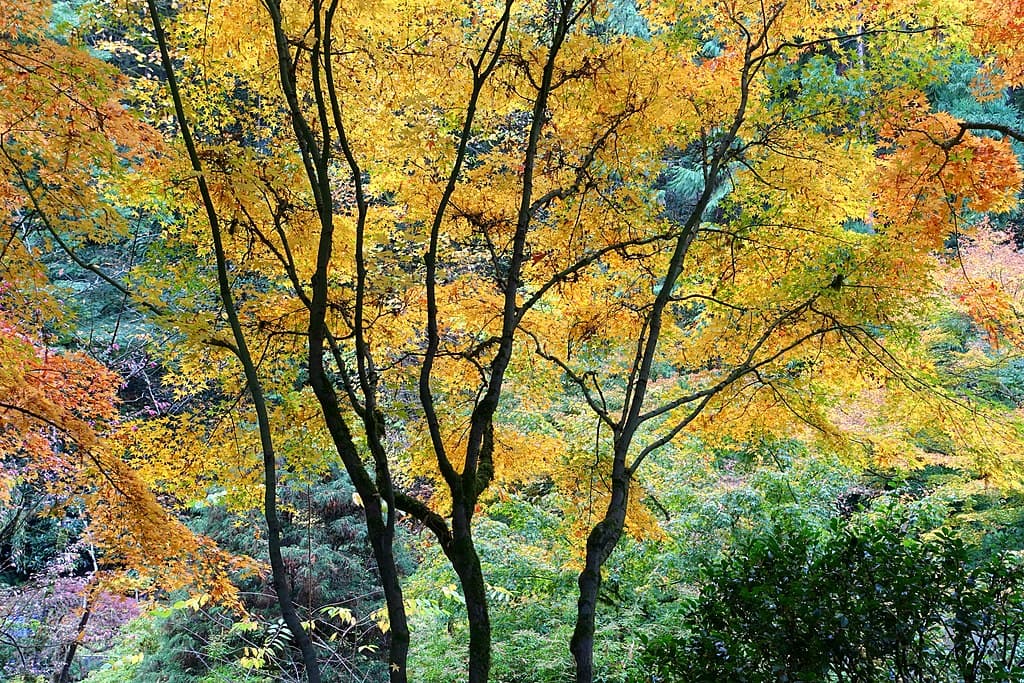
Final Release of Epstein Files Details Ties to Tech Titans and Top Officials but Fails To Satisfy Critics
By JOSEPH CURL
|One could be forgiven for thinking — in an autumnal mood, the crisp air redolent with fallen leaves, the shortened days of angled light — that fall is the only real subject of lyric poetry.

Already have a subscription? Sign in to continue reading
$0.01/day for 60 days
Cancel anytime
By continuing you agree to our Privacy Policy and Terms of Service.

By JOSEPH CURL
|
By JAMES BROOKE
|
By CAROLINE McCAUGHEY
|
By LUKE FUNK
|
By A.R. HOFFMAN
|
By NOVI ZHUKOVSKY
|
By SALENA ZITO
|
By MICHAEL BARONE
|